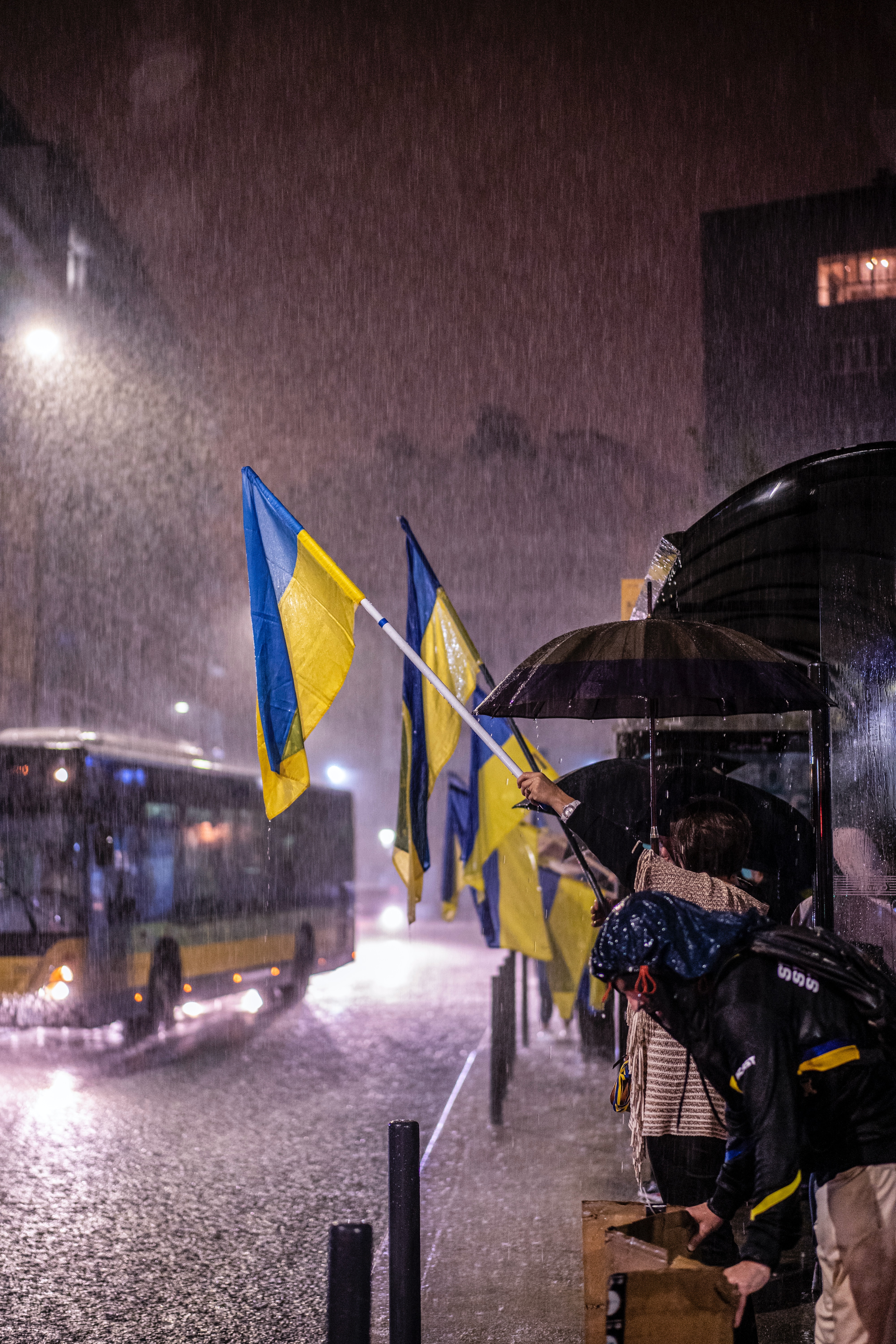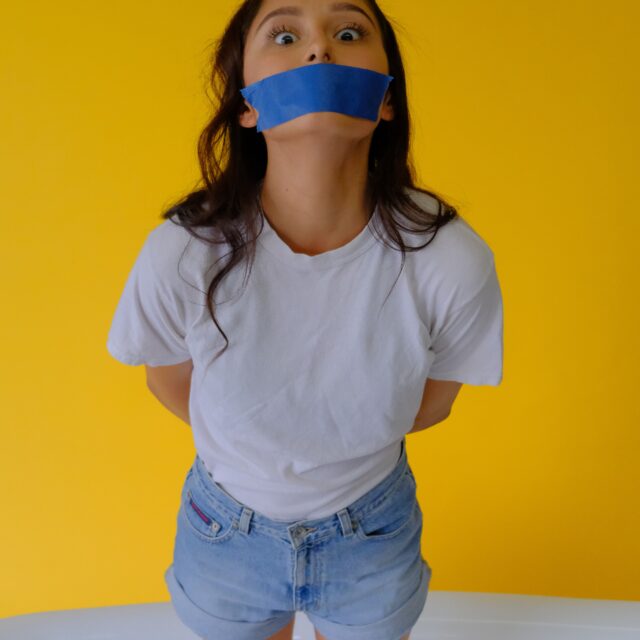Photo by Anastasiia Krutota on Unsplash
The last time Russia presided over the UNSC was in February 2022, when it launched a full-scale invasion of Ukraine. A year of killings, deportations, torture, bombings has passed and those responsibilities are once again being taken over by a terrorist country.
Today, about 20% of Ukraine’s territory is under Russian occupation, where civilians are subjected to torture and mockery. It is worth noting that terror does not only take place in the occupied territories. Ukrainian cities are shelled every day, the enemy is launching massive missile strikes on energy facilities to leave civilians in the cold, without light and water.
On 31 March 2022, the Ukrainian army liberated the town of Bucha in Kyiv region, so the other day all of Ukraine honoured the civilians who had died at the hands of Russian soldiers. During the five weeks of occupation, 458 civilians died in the town, 419 of whom were shot dead or died of torture. But even on the day of mourning, Russia continued its terror against Ukrainians. In the past 24 hours, Russia shelled the territory of Kherson region 54 times, firing 439 shells from heavy artillery, aviation and Grad MLRS, with 3 civilian deaths known so far. In Avdeevka, Donetsk region, a 5-month-old baby boy was killed by artillery fire.
After the collapse of the Soviet Union, the Russian delegation, without any statutory basis, took the place of the USSR at the UN, in effect simply changing the nameplate to “Russia”. With the outbreak of full-scale war, Russia, having killed Ukrainians and destroyed their homes, will now also abuse its presidency by pushing manipulative narratives about its war against Ukraine to make abusive decisions.
If the Russian Federation assumes the chairmanship, Russian representatives will be entitled to moderate the organisation’s work and represent it in other UN structures during one month.
In the first week of April, the UN Human Rights Council will decide whether to extend the mandate of the UN Commission of Inquiry on Violations in Ukraine. If the mandate is not extended, the Commission will cease its activities in Ukraine, which means minus one organisation collecting evidence of Russian crimes.
During the year of the great war, the members of the Security Council failed to expel Russia from the organisation, and even more so, did not deprive it of the presidency. At the same time, Russia, as a permanent member of the UN Security Council, has the right to veto any of its decisions.




